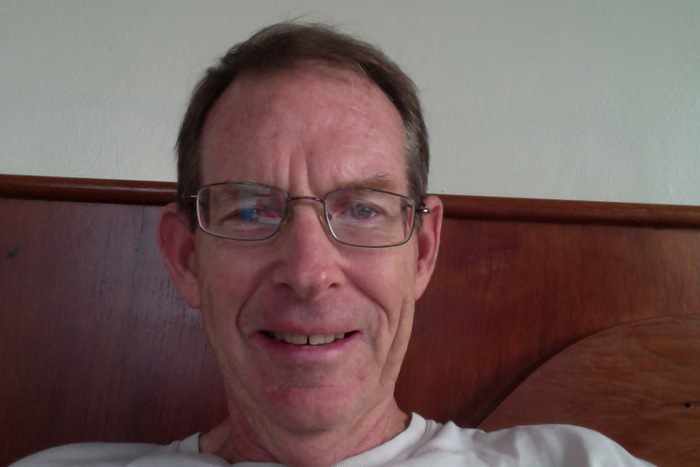Relative psychology in Phuket: coup, curfew, news

Patrick Mattimore, now retired, was an Adjunct Professor of Legal Reasoning and Case Briefing: Tsinghua/Temple Law School LLM Program in Beijing, teaching psychology to students there. He has also been an online columnist for Gazette partner newspaper the China Daily, covering a variety of topics from why rumors spread panic to selfies among the tuhao.
Here, he takes a look at both the psychology behind relaxing a curfew and how restrictive measures on the media affect people.
PHUKET: Imagine that it is May 21. You are living in Patong and own a small business dependent upon nighttime trade. You leave the country for 10 days, have no access to the news, and return to discover that martial law has been imposed. You have been ordered to close your business between the midnight to 4am trading hours. You are depressed.
You speak to your friend who also has a small business in Phuket and she seems elated.
Although your business situations are identical: both you and your friend can expect to earn less than before the curfew was imposed. Your friend is happy because she is now in a better relative position than she was during the first days of the curfew.
Behavioral science provides an explanation as to why you and your friend are reacting differently, and more generally why shopkeepers in Patong didn’t seem particularly put out about the curfew, even before it was lifted.
In a laboratory experiment, Nobel-prize winning psychologist Danny Kahneman and his colleagues asked people to immerse one hand in painfully cold water for 60 seconds, and then the other hand in the same painfully cold water for 60 seconds followed by a slightly less cold, less painful 30 seconds more. When asked which trial they would prefer to repeat, most preferred the longer trial, with more net pain – but less pain at the end.
Physicians have used this principle with patients undergoing colon exams—lengthening the discomfort by a minute, but lessening its intensity. Although the extended milder discomfort added to their net pain experience, patients experiencing this taper-down treatment said the exam was less painful than did those whose pain ended abruptly. What that suggests is that the most recent part of an experience influences our overall evaluation and/or memory of the event.
You as a returning shopkeeper have only the present pain of the relatively mild curfew in mind whereas your friend and the other business owners in Patong have a different frame of reference.
Psychologists also note that restrictions on media increase the public’s appetite for news. Social psychologist Robert Cialdini suggests that we value that which is scarce or prohibited, often whether the object of our desire is valuable or not.
The scarcity principle is behind advertisers’ campaigns that limit the numbers of available products or the amount of time purchasers have to buy.
Mr Cialdini tells an instructive tale about the Mormon temple in his hometown of Mesa, Ariz. He reported that he was never interested enough to go inside the temple until the day he read a newspaper article that told of a special inner section of Mormon temples to which no one had access except faithful members of the church. However, for a few days after a temple was built or refurbished, non-Mormon visitors could see the temple area normally banned to them.
Mr Cialdini resolved to take the tour until he called a friend who wondered why he seemed so intent on visiting some place he had never been inclined to see and in which he expected to find nothing more spectacular than what he might see at a number of other churches in the area. Mr Cialdini realized the sole allure of seeing the temple was because that possibility would soon be unavailable.
In a similar vein, my youthful Thai language teacher tells me that she and her friends rarely, if ever, watch or listen to the news. However, since the news blackout, she told me her friends are doing everything they can to get news about Thailand from uncensored sources on the internet.
When I lived in Beijing, I discovered more or less the same thing. When news was blocked in China, as it frequently was (and is), my young friends in China became more curious about what was being blocked; creative about ways to get at the censored material; and skeptical about the government’s official version of events.
Latest Thailand News
Follow The Thaiger on Google News:


























